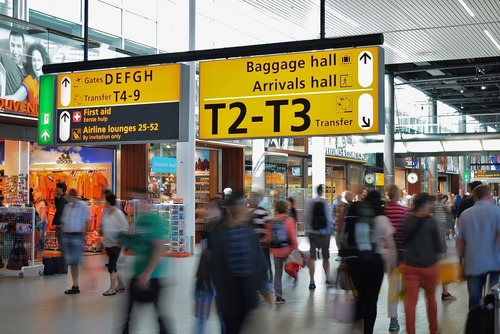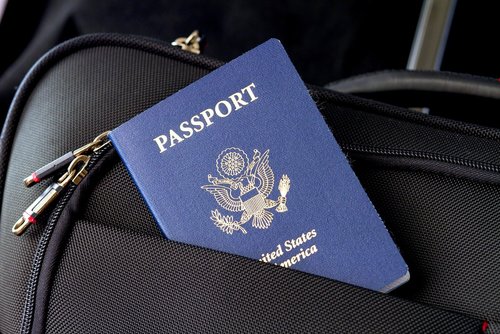However, there is a time and a place for looking the fool. It seems like the perfect time of year to bring up how to avoid easy mistakes whilst travelling.
Here are some examples of common ‘fools’ abroad.
1. Losing your passport
Your passport is valuable currency, and according to the Foreign and Commonwealth Office it can cost around £800 to replace a passport that is lost or stolen abroad.
This is taking into account the fee for your Emergency Travel Document, replacement passport, and any costs incurred if you need extended accommodation or rescheduled flights. All together lost passports cost Brits around £5 million a year (that’s a lot of holiday spending money!)
Some 35,000 people lost their passports llast year. Watch videos online about common passport thieving scams so you’re prepared to keep your passport safe!
2. Not having the right insurance
A third of young Brits make fools of themselves by not taking out insurance. The average cost of medical treatment abroad is £3,000 and if you need medical evacuation this can easily become tens of thousands of pounds.
The Foreign Office or British Embassy cannot help you with any of these costs so make sure you take out travel insurance that covers you for all activities you will be doing and any pre-existing conditions.
3. Disregarding local laws and customs
Sixty percent of people prank themselves by not researching the laws of their destination! It might be okay to walk around drunk, hand in hand with your partner, in Zante but that sort of behaviour will not fly in Dubai.
Public intoxication is illegal in the United States, chewing gum is illegal in Singapore, and e-cigarettes are illegal in Thailand.
Brush up on the local laws before you go abroad.
4. Not having the right visas or documents
What could be more foolish than not being let into the country you intend to visit? Make sure to have all the necessary paperwork ready in good time and leave copies of the documents with someone you trust.
5. Not being well informed
If you’re relying on that dusty old guidebook for your information, you may end up in trouble. Make sure to keep up to date with the latest travel advice by checking the Foreign Office website, subscribing to email alerts for your destination, or following the Foreign Office travel advice team on Twitter or Facebook.
Related Pages








